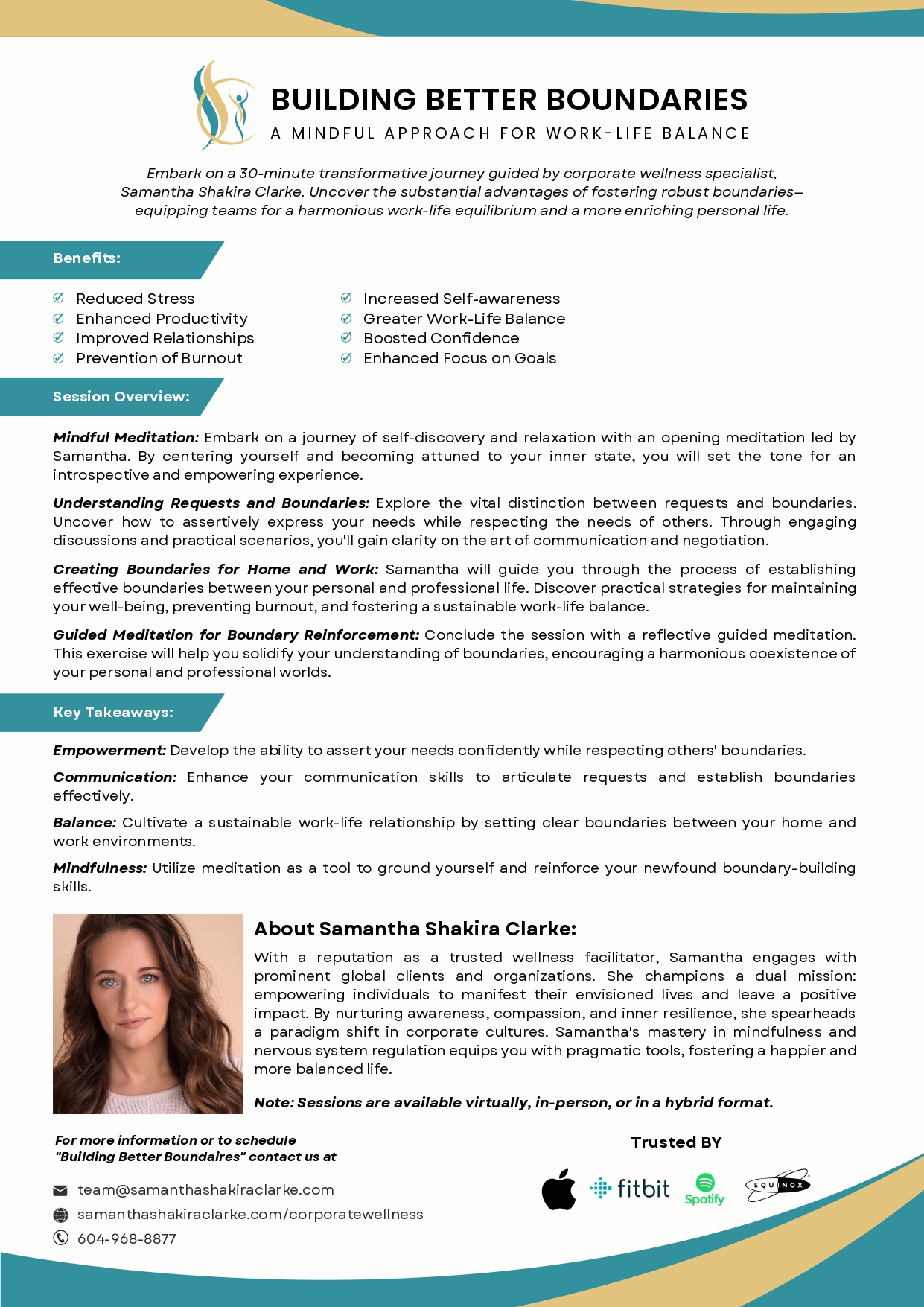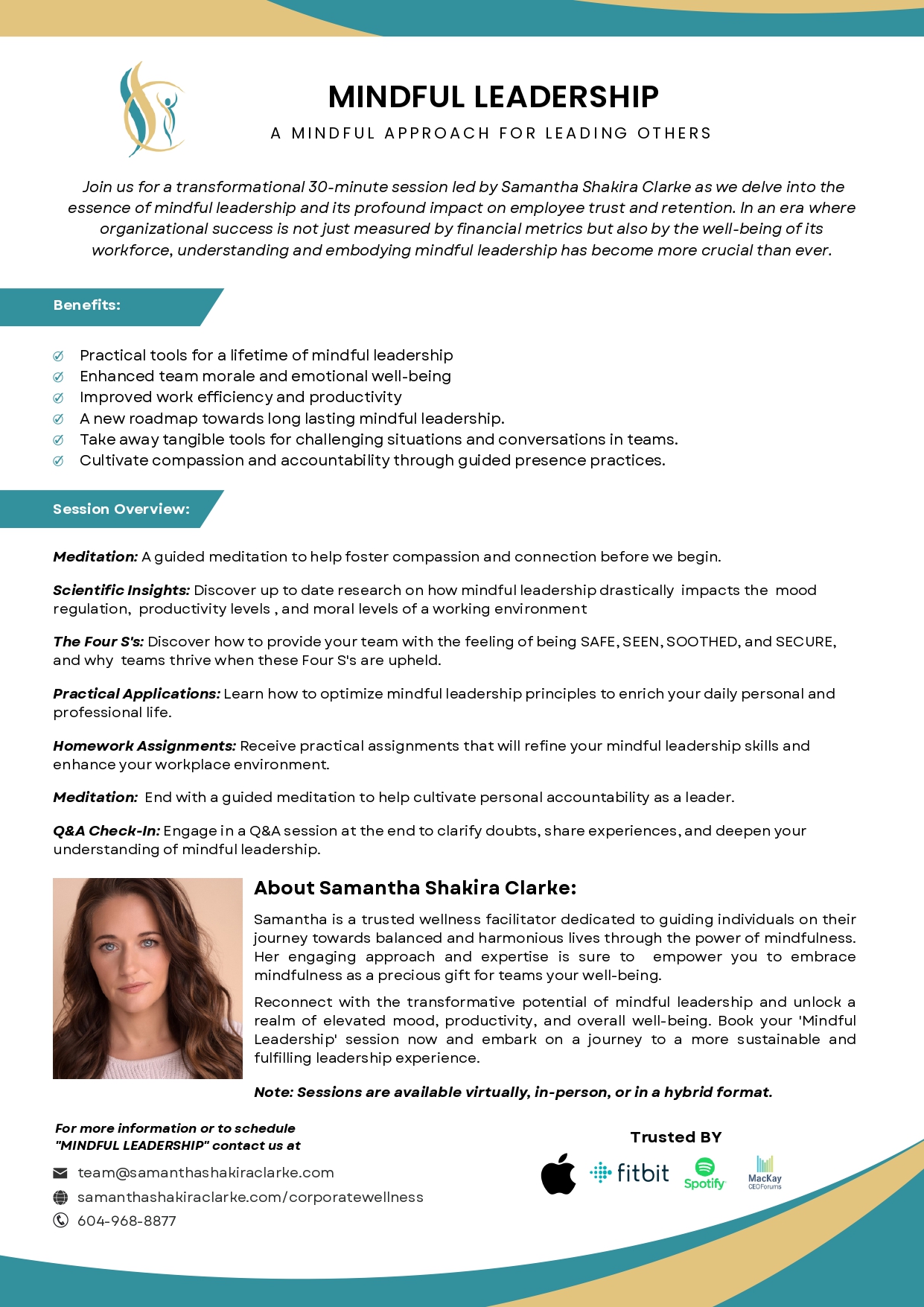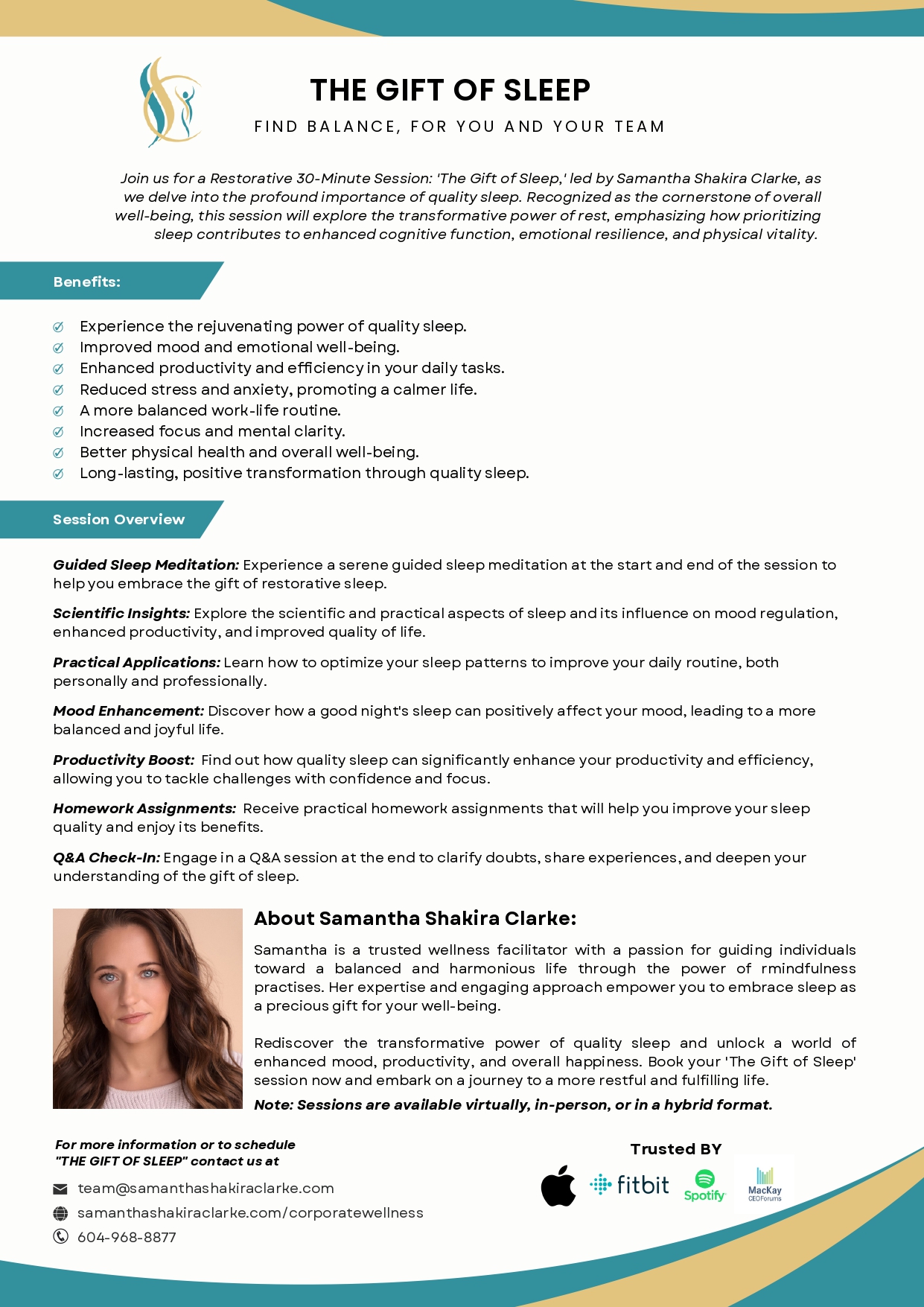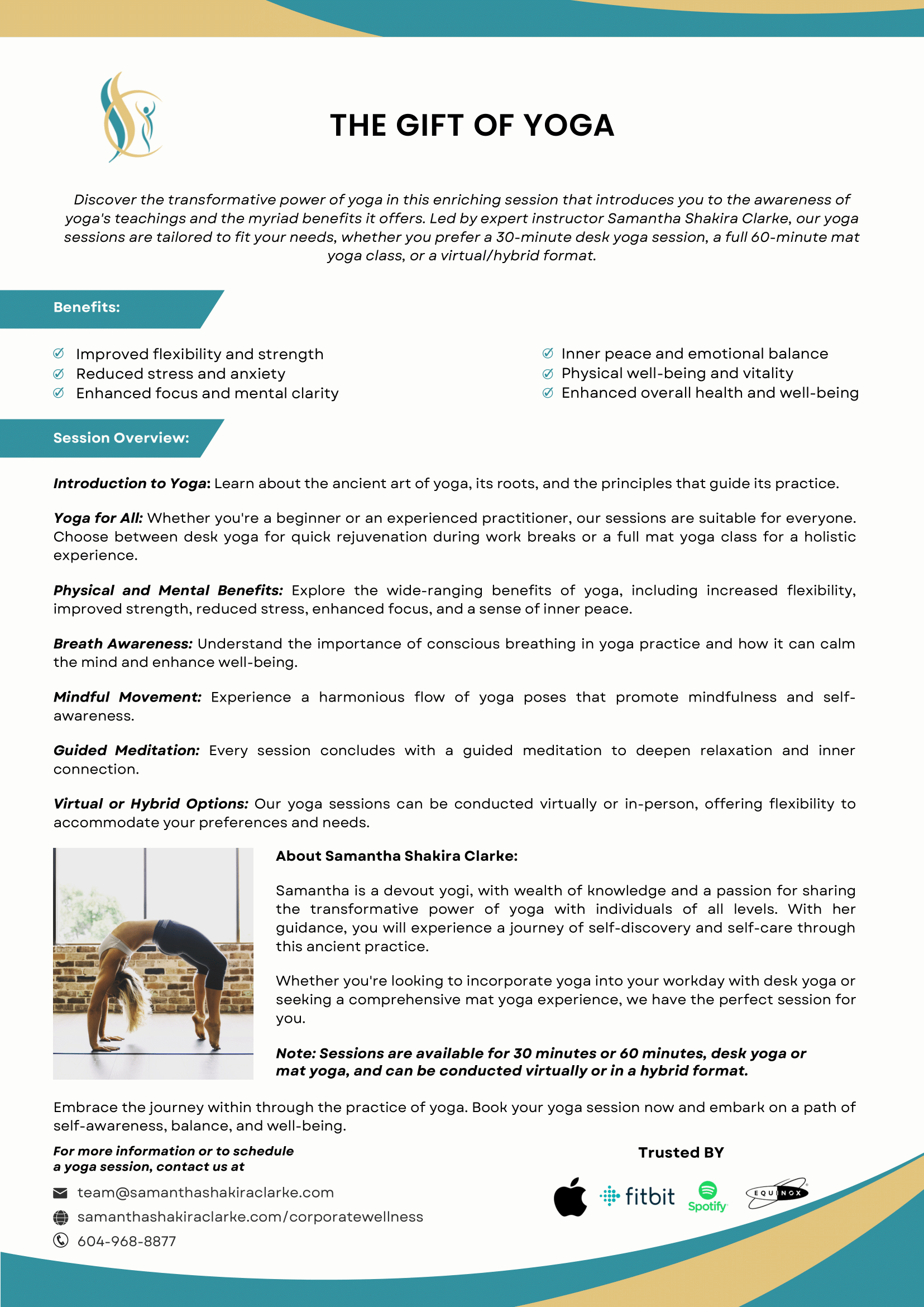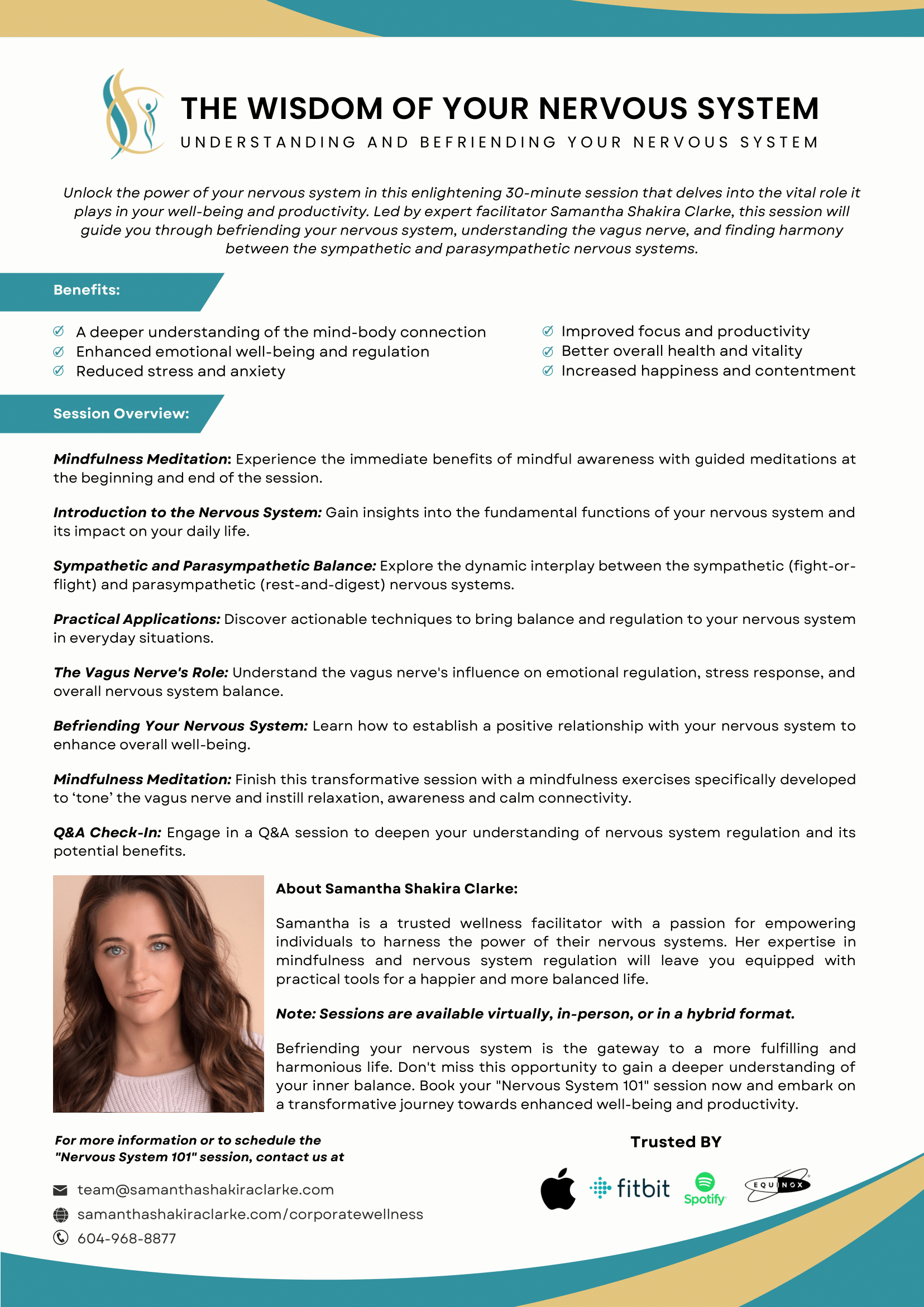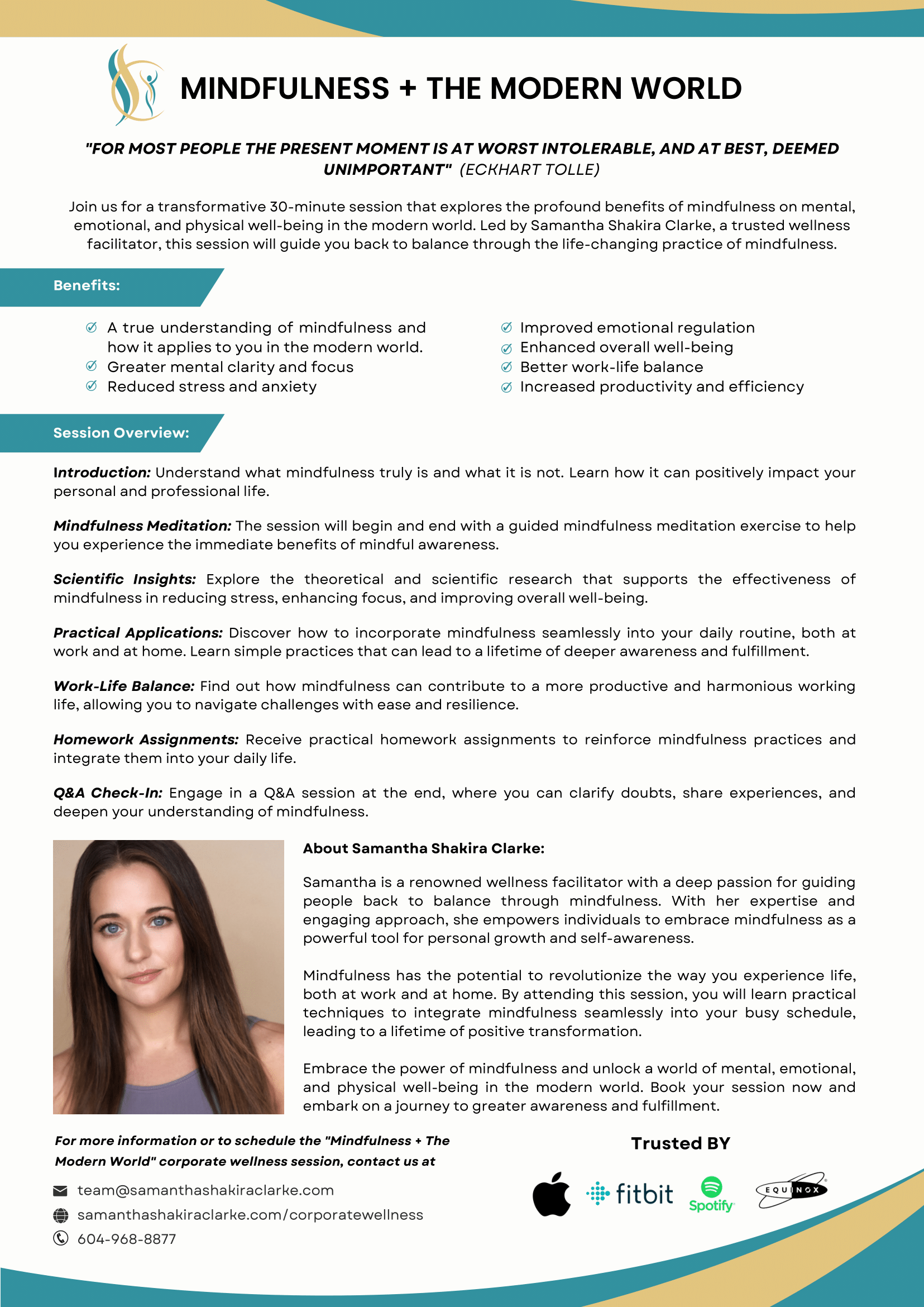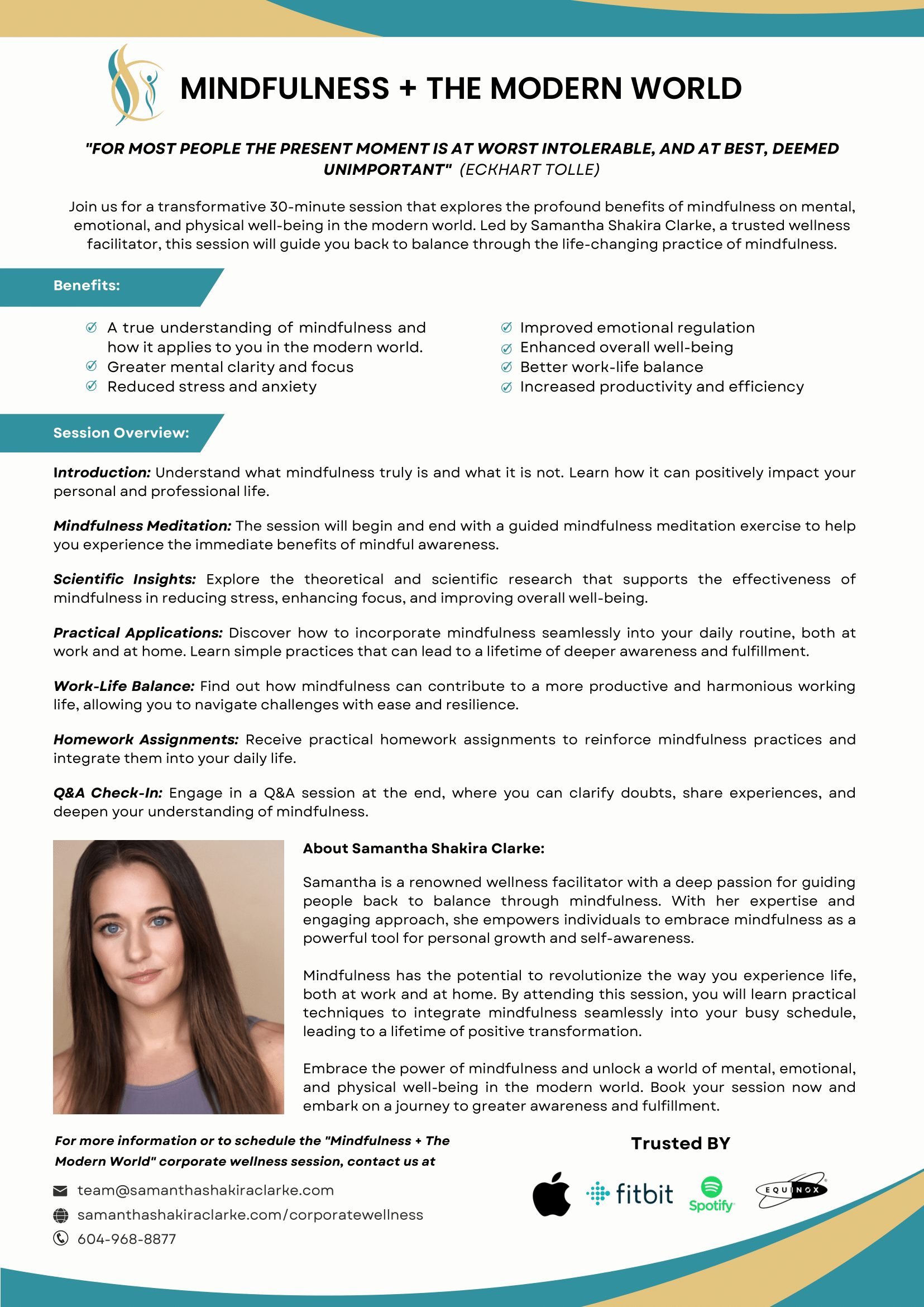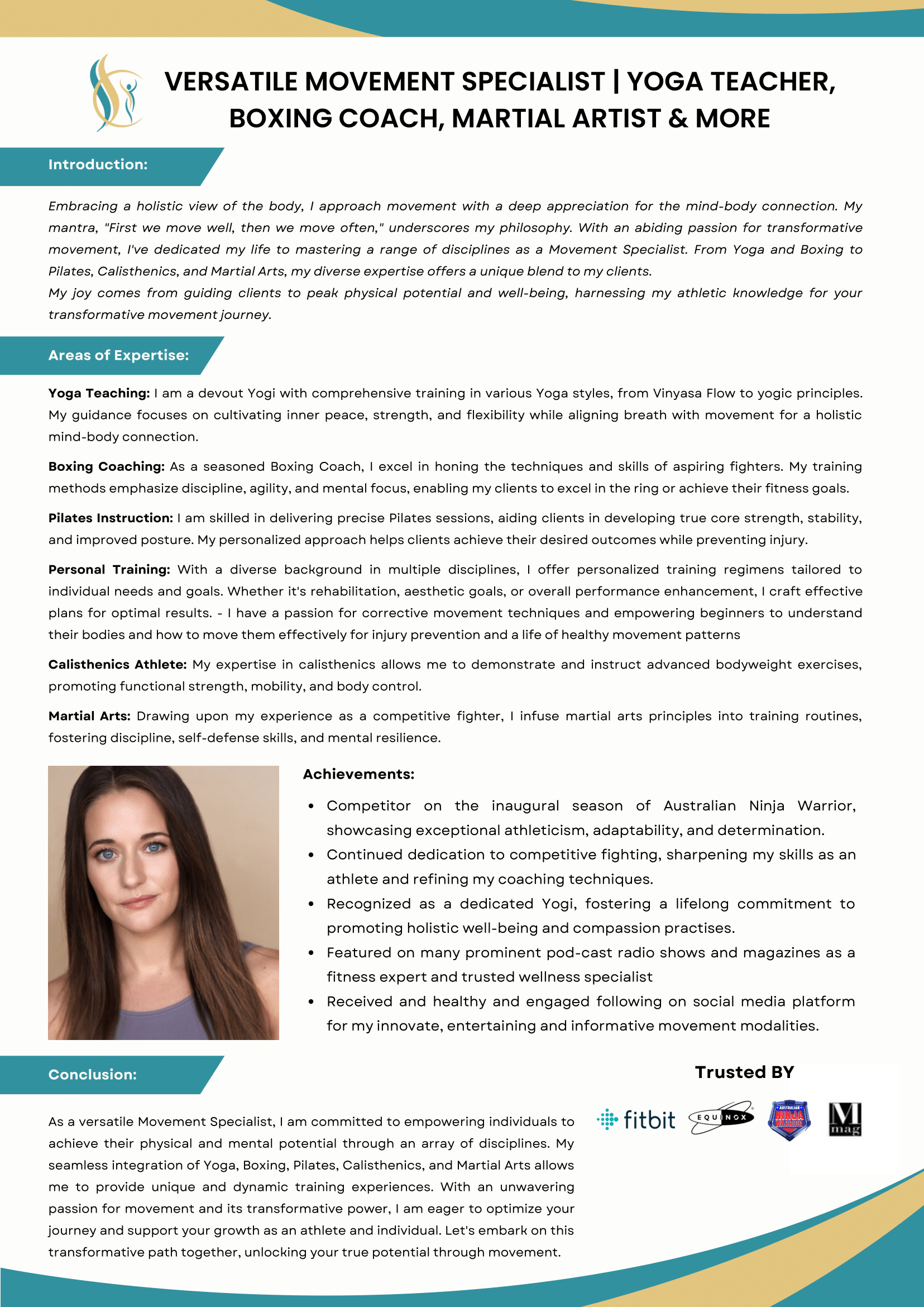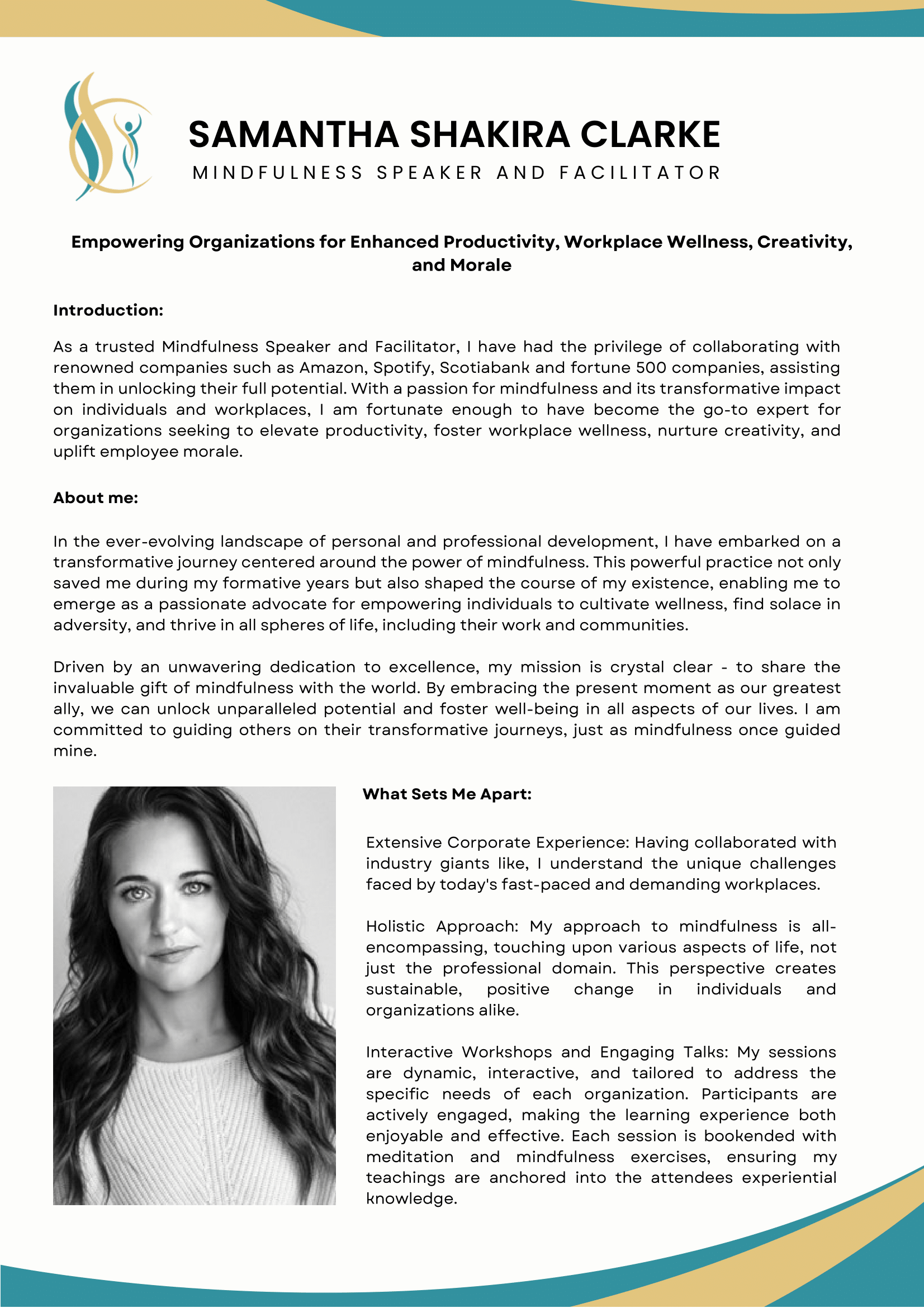The Neuroscience of Mindfulness: How It Changes the Brain

How deeply can our mental practices reshape our brain and enhance our overall quality of life?
The Fascinating Intersection of Mindfulness and Neuroscience
In recent years, the ancient practice of mindfulness has garnered significant attention, not just from spiritual practitioners but from the scientific community as well. The intersection of mindfulness and neuroscience represents an exciting frontier where centuries-old practices meet modern science to reveal how intentional, present-moment awareness can fundamentally alter the structure and function of the brain. This fusion of knowledge offers profound insights into the capacity of our minds to shape our brains and improve our overall well-being.
Cognitive Enhancement
The practice of mindfulness can literally change our brains for the better. It strengthens parts of the brain that help us with focusing, remembering, and making decisions. By practicing mindfulness, people can increase the gray matter in their prefrontal cortex, leading to sharper thinking and better information processing. This is especially valuable today, where distractions are constant, and the ability to concentrate is gold.
Emotional Well-being
Mindfulness also brings about significant changes in the amygdala, our brain’s hub for managing emotions like anxiety and fear. By calming this area, mindfulness moves us towards emotional equilibrium—lower stress levels, better mood control, and an overall sense of stability. It’s a tool that not only helps manage conditions like anxiety and depression but also fortifies our emotional resilience.
Neuroplasticity and Self-directed Growth
Central to the benefits of mindfulness is neuroplasticity, the brain’s remarkable ability to reorganize and adapt by forming new connections. Mindfulness nurtures neural pathways that bolster positivity and resilience, allowing us to “re-wire” our brains for a more optimistic and stable emotional state. This capacity for self-directed growth empowers us to actively shape our mental well-being.
Interpersonal Relationships
Mindfulness extends its benefits to the realm of social interactions by enhancing areas of the brain involved in empathy, compassion, and understanding social cues. This leads to deeper, more meaningful connections, better communication, and a stronger sense of empathy and compassion in our dealings with others. These improvements can enrich both personal and professional relationships and foster more empathetic communities.
Physical Health and Longevity
The impact of mindfulness goes beyond mental and emotional health, touching on physical well-being. Research points to mindfulness as a contributor to reduced stress, improved immune response, and even the potential for longer cellular life, hinting at its role in a longer, healthier life. The connection between a healthy mind and a healthy body is becoming clearer, underscoring mindfulness as a key practice for holistic health.
The Basics of Mindfulness
At its heart, mindfulness is all about living in the moment. It’s a simple yet profound practice of tuning into what’s happening right here and now—our thoughts, emotions, physical sensations, and the world around us—with an attitude of openness and curiosity. The idea isn’t to judge or try to change these experiences but to acknowledge them exactly as they are.
Though mindfulness has its roots in ancient Buddhist meditation, it’s not tied to any one religion or philosophy. Today, it’s a universal practice found in therapy offices, classrooms, and boardrooms across the globe. People everywhere are discovering how mindfulness can help us navigate life’s ups and downs with a bit more grace and a lot less stress.
The Brain Before and After Mindfulness
The discovery that our brains can change throughout our lives, known as neuroplasticity, is a groundbreaking concept in neuroscience. This means that our brains are not set in stone but can adapt and grow based on our experiences. Researchers have used tools like MRI scans to see how practicing mindfulness regularly can lead to actual physical changes in the brain. These aren’t just changes in how we feel, but real, visible differences in the brain’s structure.
For example, areas of the brain that help us make decisions and control our emotions can become thicker and stronger with mindfulness practice. This shows us that by focusing our attention and being present, we can enhance important brain functions.
At the same time, mindfulness can help reduce the activity in parts of the brain that handle stress and fear, like the amygdala. When the amygdala is less active, we feel less stressed and anxious. This is a clear sign of how mindfulness can have a positive impact on our emotional well-being.
In simpler terms, the science tells us that by practicing mindfulness, we can “re-wire” our brains to improve how we think and feel. This is exciting because it means we have the power to change our brains for the better, just by paying attention to the present moment.
Core Changes in the Brain
Practicing mindfulness meditation can lead to important changes in the brain that affect how we think, feel, and handle stress. Here’s a simpler look at what happens:
- More Brain Power: People who practice mindfulness regularly might see parts of their brain grow stronger and denser—especially in areas that help us remember things, learn new information, and be aware of our own emotions. This means mindfulness could help us think better and control our feelings more easily.
- Less Stress Reaction: The amygdala is a part of the brain that kicks into gear when we’re stressed or scared. Mindfulness can calm this part down, meaning we might not feel as stressed or jump to an emotional reaction as quickly. It’s like turning down the volume on our stress response.
- Better Brain Communication: Mindfulness helps different parts of the brain “talk” to each other better. This improved communication can make it easier for us to handle stress and emotions. It’s like mindfulness helps our brain work as a more coordinated team, leading to a calmer and more balanced emotional life.
Mindfulness can make our brains stronger in the areas that help us think and learn, calm down parts that cause us stress, and improve how well different brain areas work together. This can make us feel less stressed and more emotionally balanced.
Practical Applications of Mindfulness Neuroscience
Learning how mindfulness changes the brain has helped us use it in different ways to help people feel better, both mentally and physically. Here are some practical ways this knowledge is being used:
- Mindfulness-Based Stress Reduction (MBSR): This program teaches people how to use mindfulness to deal with stress. It has helped many people feel less stressed and more relaxed by training them to focus on the present moment rather than worrying about the past or future.
- Mindfulness-Based Cognitive Therapy (MBCT): MBCT combines mindfulness practices with cognitive therapy. It’s especially good for people who have had depression because it teaches them how to break free from negative thought patterns that can make depression worse.
- In Schools: Mindfulness is being taught to students to help them deal with anxiety and stress, improve their attention and concentration, and handle their emotions better. This can make learning easier and the school environment more pleasant for everyone.
- At Workplaces: Some companies offer mindfulness training to their employees to help reduce work-related stress, improve focus, and increase productivity. It’s also seen as a way to boost employee well-being and job satisfaction.
- For Athletes: Athletes, like Lebron James, are using mindfulness to improve their performance. By learning to stay focused and calm, they can better handle the pressures of competition, improve their concentration, and perform at their best when it counts.
In all these settings, mindfulness is valued because it’s a simple, flexible tool that can be adapted to many different needs and situations. Whether someone is dealing with stress, trying to overcome past trauma, wanting to improve their mental focus, or simply seeking a greater sense of peace and well-being, mindfulness offers a proven way to help.
Addressing Skepticism and Misconceptions
When it comes to mindfulness, not everyone is immediately convinced of its benefits, and there are a couple of reasons why some people might be skeptical.
First, some critics argue that the studies on mindfulness might not be set up perfectly. They suggest that some research might have issues with how the studies were designed or conducted, which could make the results less reliable. This is a common challenge in many areas of research, not just mindfulness, and scientists are always working to improve how studies are done.
Second, there’s the placebo effect to consider. This is when people feel better just because they believe they’re receiving a treatment, even if that treatment isn’t doing anything. Some skeptics wonder if the positive effects people experience from mindfulness are really just the placebo effect at work.
Despite these concerns, research into mindfulness is advancing. Scientists are using more precise and sophisticated methods to study how mindfulness affects the brain. As these studies become more refined, they continue to show that mindfulness really does have a positive impact, supporting the idea that its benefits are not just in people’s heads.
The Future of Mindfulness Research
The research into mindfulness is heading into some exciting new territories that could change how we think about our health and well-being. Here’s a closer look at what’s on the horizon:
- Gene Expression: Scientists are looking into how mindfulness might affect our genes, especially in terms of how our bodies respond to stress. This could mean that in the future, practicing mindfulness might not just help us feel less stressed but could also change how our bodies handle stress at a cellular level.
- Aging Brain: Another area of interest is how mindfulness might impact the aging process of the brain. There’s hope that mindfulness practices could help keep the brain healthy and functioning well as we get older, possibly even reducing the risk of age-related diseases like Alzheimer’s.
- Development in Children and Adolescents: Researchers are also studying how mindfulness could benefit kids and teenagers. Since their brains are still developing, mindfulness might play a significant role in supporting mental health, emotional regulation, and learning during these critical growth periods.
As we learn more from these research areas, we could see mindfulness being used in more specific ways to support mental health. For example, doctors might one day prescribe mindfulness practices tailored to individual needs, whether that’s to help manage stress, slow down the aging of the brain, or support a child’s development.
The future of mindfulness research holds the promise of not just understanding the benefits of mindfulness but also how we can apply them in precise, personalized ways to improve our quality of life. This could lead to breakthroughs in how we treat mental health conditions and support healthy minds and bodies across all stages of life.
Conclusion
The journey into the neuroscience of mindfulness reveals how deeply our mental practices can reshape our brain and enhance our overall quality of life. This blend of timeless meditation techniques and cutting-edge scientific discovery provides a clear, evidence-based affirmation of our capacity to foster well-being, mental clarity, and emotional stability. As the body of research grows, it underscores the significance of mindfulness as a practical tool for personal development and well-being. In an era marked by rapid change and complexity, mindfulness emerges as a beacon of calm and clarity, guiding us towards a life of greater balance and peace.
As you step forward from here, consider the practice of mindfulness not just as a technique, but as a gentle invitation to reconnect with the present moment, yourself, and the world around you. Let this journey of discovery remind you that, amidst life’s ebb and flow, you hold the power to cultivate a space of tranquility and strength within.
Booking enquiries? Connect with us here.
Want mindfulness and wellness delivered straight to your inbox?
Sign up now for instance access to "Mindful Body Scan for Stress Reduction"
